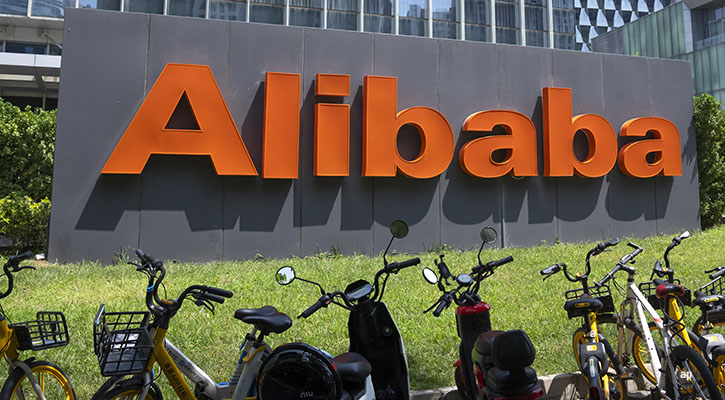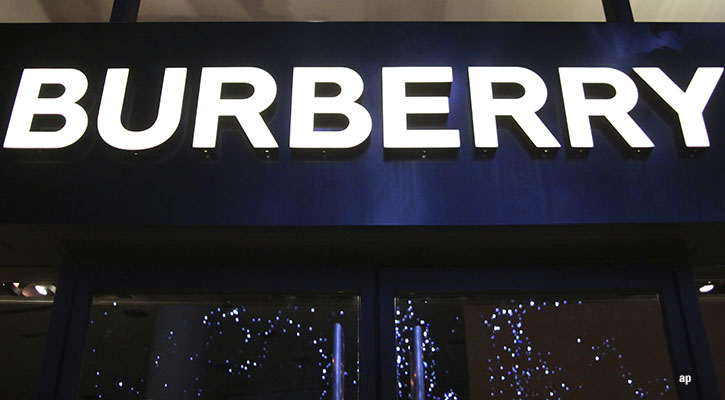Following News Corp's buyout offer for BSkyB (read our initial response here) we've updated our analysis of the UK broadcaster.
Fair Value Estimate: 648p ¦ Uncertainty Rating: Medium ¦ Economic Moat: Narrow
Thesis
British Sky Broadcasting has performed admirably in the face of a weak British economy, as it has continued to expand its subscriber base. We believe this performance demonstrates the high value consumers place on the firm's services despite the large amount of free content available.
BSkyB has done a great job of aggregating some of the best content available and then marketing its services. More than a decade ago, the firm began to enter exclusive deals to carry major sporting events in the United Kingdom. In addition, it acquires rights to many first-run movies and U.S.-produced series, which are becoming increasingly popular in the U.K. While it resells much of its purchased content to other television carriers, it also produces its own shows to distinguish its product. While main competitor Virgin Media until recently posted pretty stagnant video subscriber numbers for years, BSkyB continues to grow nicely. In addition, it is selling additional services, such as high-definition television, DVRs, second set-top boxes, and video on demand services. All of these increase average revenue per user without much additional cost.
The firm is now offering broadband and phone services as well. While these businesses are growing rapidly, they are a distant fourth to Virgin, BT Group, the incumbent telephone operator, and Talk Talk in size. These businesses are also losing money. BSkyB doesn't have the scale in broadband and telephony that it has in pay television services, which we believe detracts from its competitive position. Despite the losses in these areas, the firm continues to generate substantial cash flow, which we expect will increase as the new businesses gain scale. These operations are now close to break even.
While we expect the firm to continue to grow successfully, we are concerned about regulatory action and increased competition. Ofcom, the telecom regulator, has ruled BSkyB must resell its two main sports channels, Sky Sports 1 and 2, at reduced rates. BSkyB has appealed the ruling and has entered into agreements with three operators where the differential in pricing between BSkyB's old wholesale price and the new regulated price will be put in an escrow account while the ruling is appealed. If BSkyB loses the appeal, its profitability will be in jeopardy. On the competition side, Setanta Sports--an Ireland-based media company that owned rights to show a third of U.K. football matches--went bankrupt in 2009, putting this content up for grabs. Disney's ESPN was the highest bidder for Setanta's rights, and we believe this move provides a solid toehold into European sports that will make ESPN a more potent bidder for future sports offerings. In addition, we think Virgin Media, BT, and other Internet access providers like France Telecom, Telefonica, and Vodafone increasingly recognise the importance of controlling content. Several of these firms have significantly deeper pockets than BSkyB. At the least, we expect this competition will increase the amount BSkyB has to pay for content.
Valuation
We are increasing our fair value estimate to 648p per share from 587p. We have increased our revenue estimate for the fiscal year ending June 2010 significantly and going forward slightly. We now expect revenue to grow on average about 7.9% through fiscal 2014 versus our previous projection of 6.5%. While we expect cost-cutting to continue and BSkyB's telephone and broadband business to soon turn profitable, we have scaled back the margin expansion we expect as we think competition is increasing. We now forecast EBITDA margins to reach only 24.6% in fiscal 2014, down from our previous estimate of 26%, but up from 21% in fiscal 2009. With News Corp. also owning a couple of British newspapers, we expect a fairly thorough review of the merger from regulators, which will probably mean the deal won't close for 6-12 months.
Risk
The biggest risk facing BSkyB is whether it can sustain its hold on the best television content in the U.K. Although it historically has done an impressive job in this respect, we are concerned that increased competition makes it unlikely the firm will be able to continue to dominate content in the same manner it has in the past. Other risks include the amount the firm might pay in order to maintain its control of content and the success of its new broadband and telephony businesses. The new businesses are much more competitive than pay television, and while they are close to break even, we don't expect them to ever have the margins of pay television. Ofcom continues to be more intrusive and is now trying to regulate the prices BSkyB charges other pay TV operators for its content. If this ruling is upheld on appeal, it would probably have a material negative effect on BSkyB's revenue.
Management & Stewardship
Rupert Murdoch and his family control BSkyB. The family owns about 39.1% of the stock and Rupert was CEO until 2003 and chairman until 2007. His son James took over the two positions when Rupert stepped down. When James took over the CEO role, there was a lot of concern in the market that he had limited experience and the company would suffer as a result. He surprised the market by competing well and further expanding the business. When he took over as chairman, he turned over the CEO position to Jeremy Darroch, who had been the CFO. Before joining BSkyB in 2004, Darroch spent many years in the finance departments of retailer Dixons and Proctor & Gamble. We like the mixture of fixed and variable pay the firm's executives receive and think the amount is reasonable, considering the size of the firm. However, we would like to see more independent directors. Only seven of the board's 14 directors are independent, in our opinion. Between the lack of independent directors and the control of the Murdoch family, minority shareholders have little influence on the direction of the company. However, with News Corp.'s bid for BSkyB, the independent directors have been the ones evaluating the offer.
Overview
Growth: We expect revenue at BSkyB to increase because of the rapid growth in its broadband and telephony businesses. The firm should also continue to expand its pay TV customer base. We expect revenue growth to average about 7.9% annually through fiscal 2014.
Profitability: BSkyB is solidly profitability despite losing money in broadband and telephony. The firm has been paying higher amounts to win sports content, but the pay television business remains very profitable, generating returns on capital well above its cost of capital.
Financial Health: The firm has minimal equity and £1.8 billion of net debt, but we think it is generating plenty of cash to handle its debt load.
Profile: British Sky Broadcasting is the only satellite television operator and largest pay television provider in the U.K., with 9.8 million subscribers. It has the best content, particularly with sporting events, which allows it to charge a premium price. These include the majority of games in British and European football, as well as rugby and cricket matches. The firm also offers broadband and telephony services, where it has 2.5 million and 2.2 million subscribers, respectively.
Strategy: BSkyB's strategy is to dominate the U.K. pay television market and to add ancillary services. The firm has more than twice as many pay TV subscribers as its nearest competitor and is using its dominant position in content to not only take customers from its competitors, but also to convince people that haven't seen a need for pay television service to sign up. One way it is doing this is by adding bundles of broadband and telephony to its TV service.
Bulls Say
1. BSkyB has more than twice as many pay TV subscribers as Virgin Media, the cable operator in the U.K.
2. The firm has the best content, especially for sporting events in the U.K., including football, rugby, and cricket.
3. BSkyB added additional games from the Scottish Premier League starting this year and will add more from the English Premier League starting next year.
4. The firm is adding new broadband subscribers faster than any other operator in the U.K.
Bears Say
1. Competition for television content is increasing. At a minimum this will increase the costs BSkyB has to pay for content and potentially could cause it to lose its lock on major sporting events.
2. Ofcom is cracking down more from a regulatory perspective. It has successfully forced BSkyB to reduce its ITV stake to below 7.5% and is trying to regulate the prices at which BSkyB resells its content to other operators.
3. The firm's broadband and telephony businesses are much more competitive than the pay TV market and are only approaching break even.
4. The Murdoch family controls BSkyB, and its objectives may not be in alignment with minority shareholders'.























